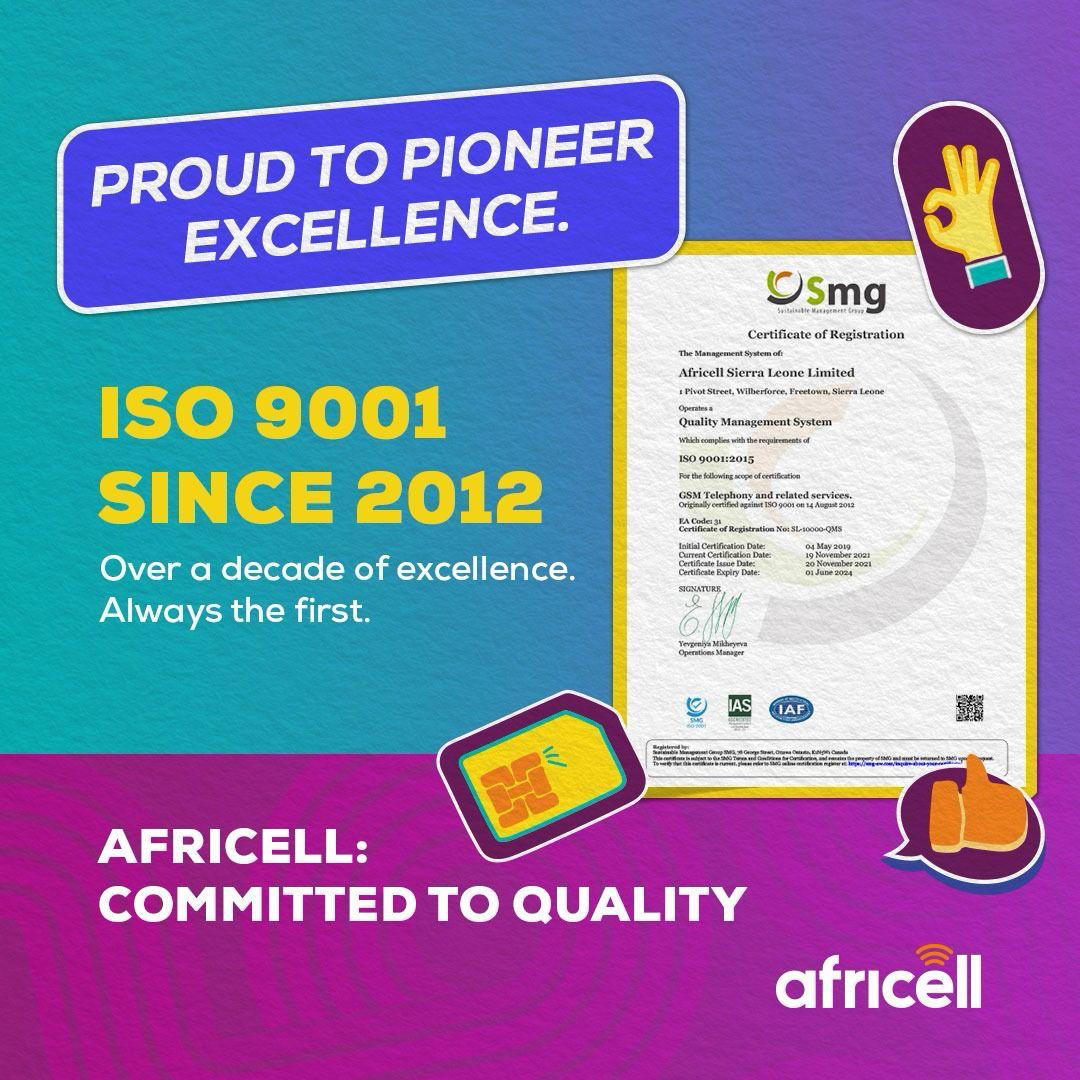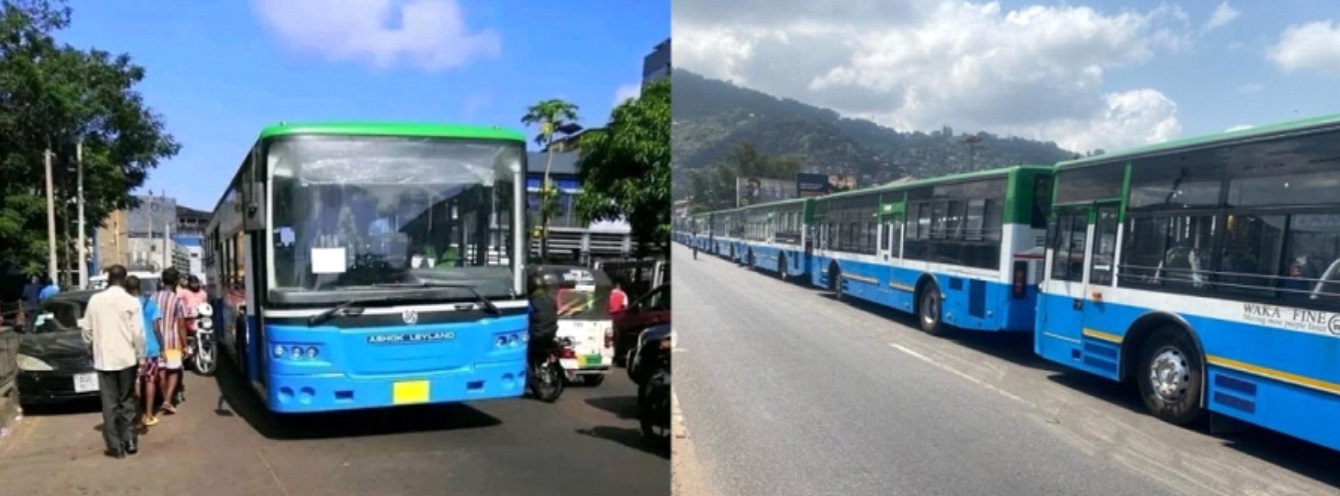By Sulaiman Aruna Sesay
The introduction of new public buses in Sierra Leone named ‘waka fine’ has sparked up huge debates in Freetown due to several reasons. Some people may question the finances behind the purchase of the new buses, and whether the money could have been better allocated to other pressing needs in the country.
Since these buses were introduced to the public by Sierra Leone’s Chief Minister, David M. Sengeh, on Monday 29th January 2024, at Youyi Building Compound in Freetown, there have been lot of outcries from the people considering the cost and its operations. Others raised concerns about the feasibility of modernizing the public transportation system, considering the poor state of the roads and the lack of infrastructure.

Discussions also revolve around the potential impact the new buses will have on the old ones and the job creation, road safety, and accessibility for people in the hard to reach areas. The new ‘waka fine’ buses have both positive and negative.
To begin with, the new buses are expected to be more efficient, reliable, and comfortable than the old buses, taxis, and commercial vehicles that have been in use for years. The new buses will provide a safe and efficient means of transportation for commuters and reduce the number of accidents caused by poorly maintained vehicles. This will also reduce traffic congestion on the roads, making commuting faster and less stressful.
In addition, the introduction of new buses will create jobs for drivers and mechanics, and boost the country’s economy by increasing productivity. The government can recruit new drivers to fill these positions, providing employment opportunities for people who have the necessary driving skills.
However, the old buses are often associated with higher levels of pollution. The introduction of new, environmentally friendly buses could lead to increased pressure on owners of old buses to adapt to new emission standards or to phase out old buses entirely.
Another negative impact is, decline in demand: With the introduction of new, modern buses, the demand for old buses is likely to decrease. People are often attracted to modern and more comfortable means of transport, and this could lead to a decline in the number of passengers using old buses. Additionally, it will also reduce income for old bus owners. With a decrease in demand for old buses, their owners are likely to suffer reduced income.

This could lead to a decline in the quality of the service provided, as owners may not invest in maintenance or repairs due to decreased earnings.
Overall, the new buses should provide a much-needed upgrade to the country’s transportation infrastructure and lead to a more efficient and safer transportation system. The introduction of new buses by the Sierra Leone government will have a positive impact on employment opportunities for drivers. The recruitment of new drivers, training of existing drivers and increased demand for more drivers will all contribute to the creation of more jobs in the sector.













